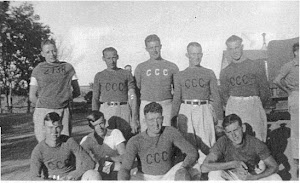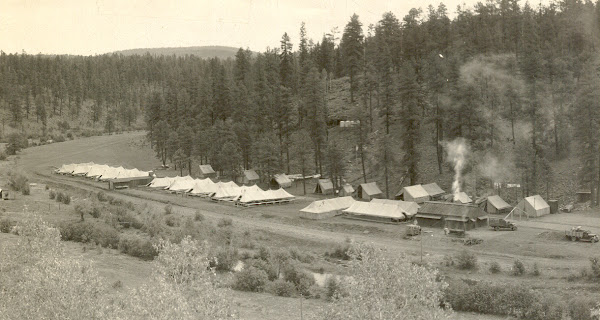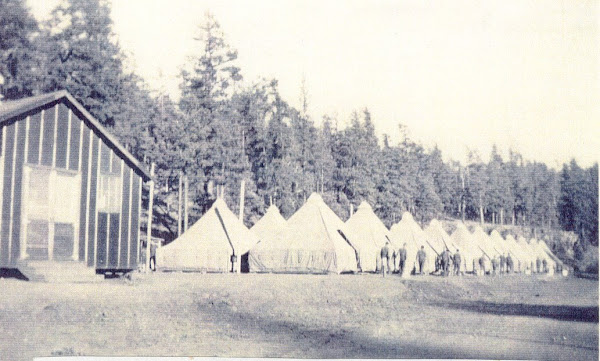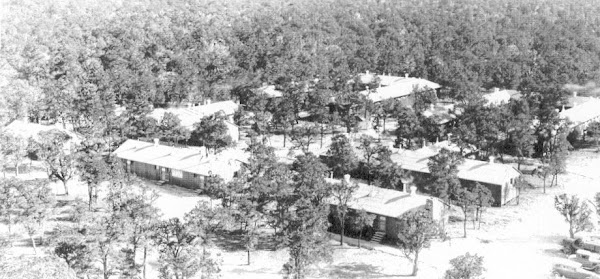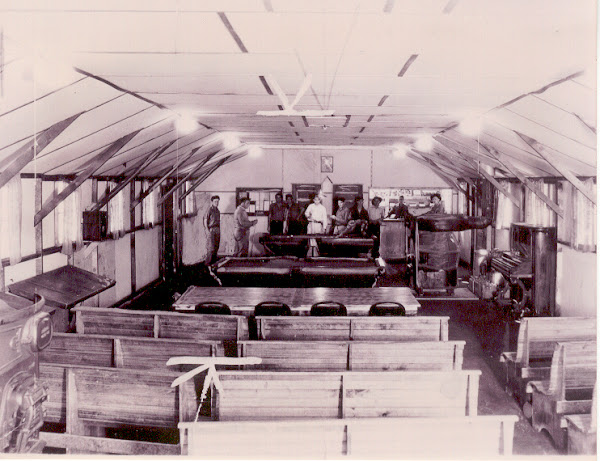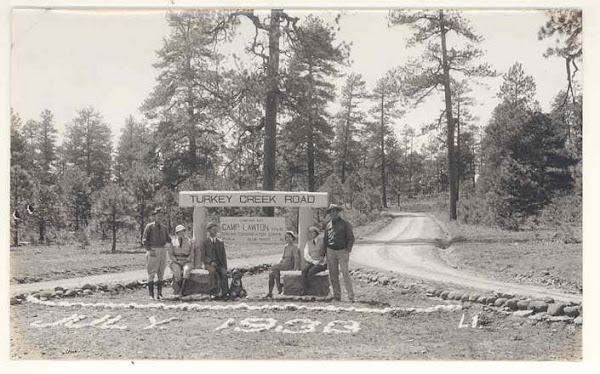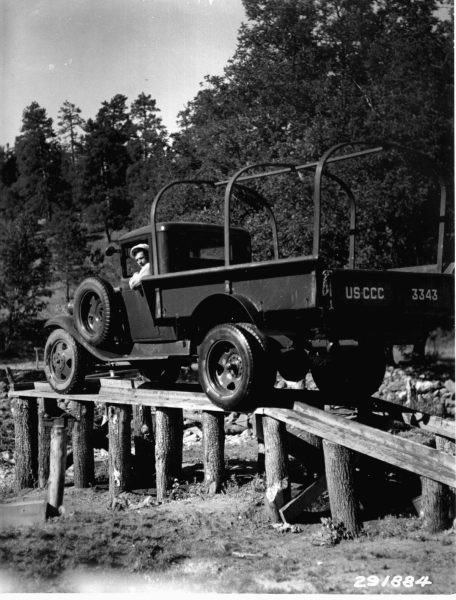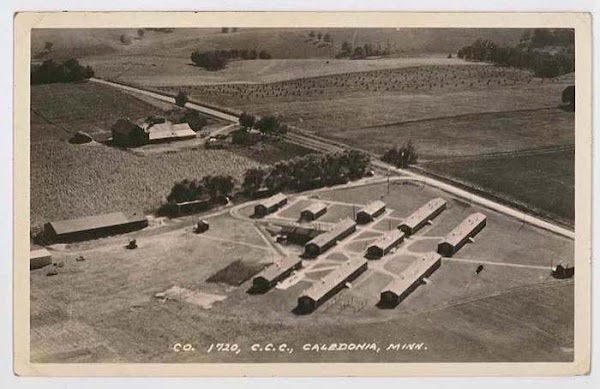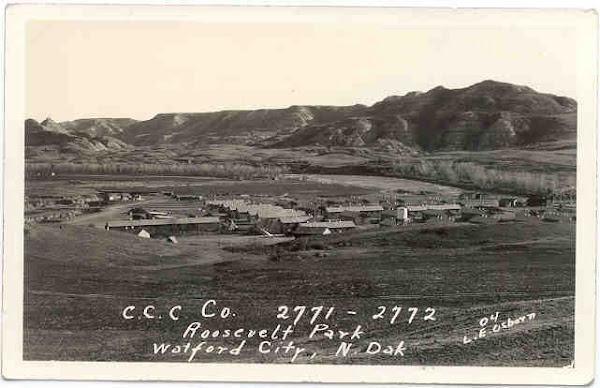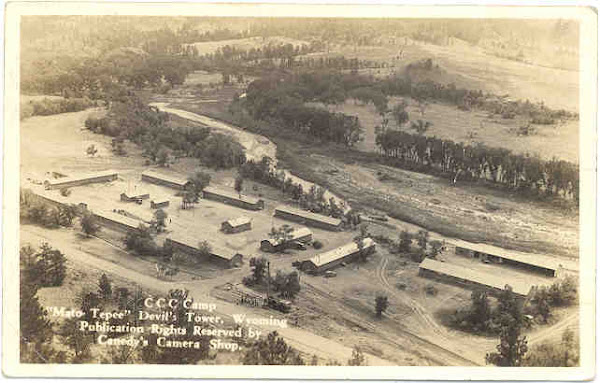 What was life like in a C.C.C. camp during the holidays?
What was life like in a C.C.C. camp during the holidays?Typically, any enrollee who had earned the privilege and who wanted to would be allowed to go home for the holidays if time permitted and distances were not too great. This wasn’t too difficult for enrollees whose camps were close to their hometown. For enrollees who’d traveled across the country, it might not be possible. Many enrollees in Arizona C.C.C. camps were from Texas, Oklahoma and Pennsylvania, so getting home for Thanksgiving or Christmas wasn’t always possible.
 To ease the pain of separation from family and loved-ones, most C.C.C. camps prepared special dinners for Thanksgiving and Christmas and held Christmas parties, often “adopting” local children and inviting residents to visit the camps.
To ease the pain of separation from family and loved-ones, most C.C.C. camps prepared special dinners for Thanksgiving and Christmas and held Christmas parties, often “adopting” local children and inviting residents to visit the camps.Civilian Conservation Corps enrollees performed no work on Thanksgiving and Christmas and a special holiday meal would be prepared and often special menus would be printed up describing the day’s meal, occasionally noting that cigars or cigarettes would be available following the meal. Additionally, a Company roster would sometimes be printed in the menu, to become a souvenir of an enrollee’s time in the C.C.C.





